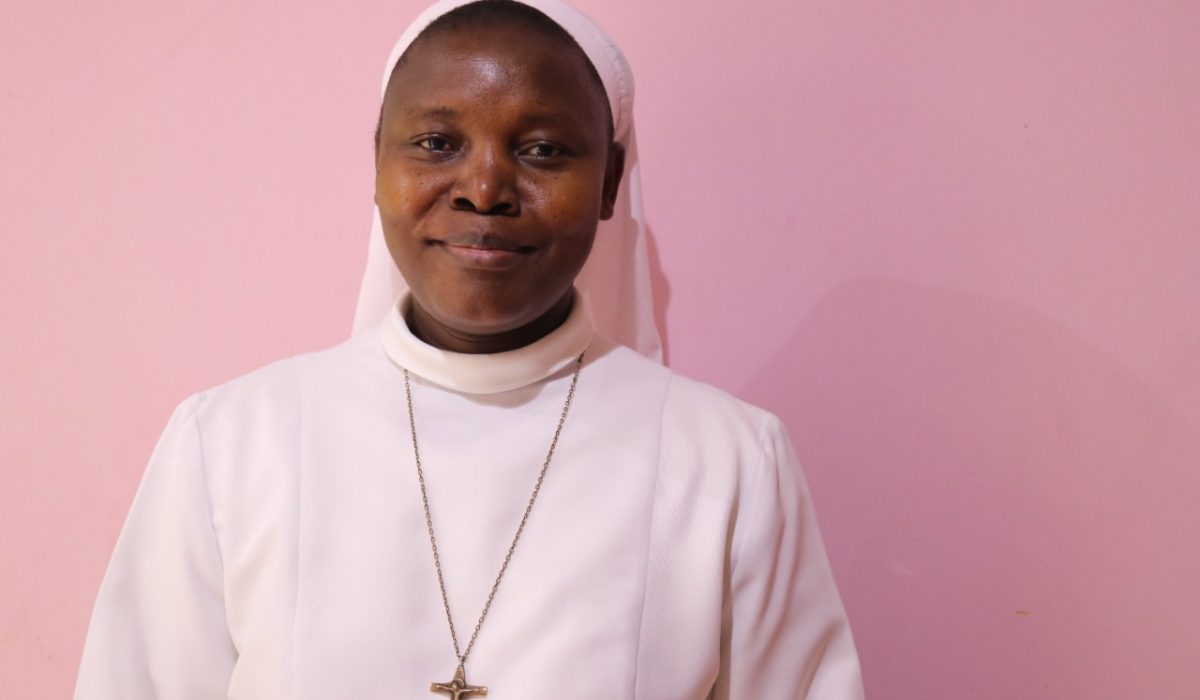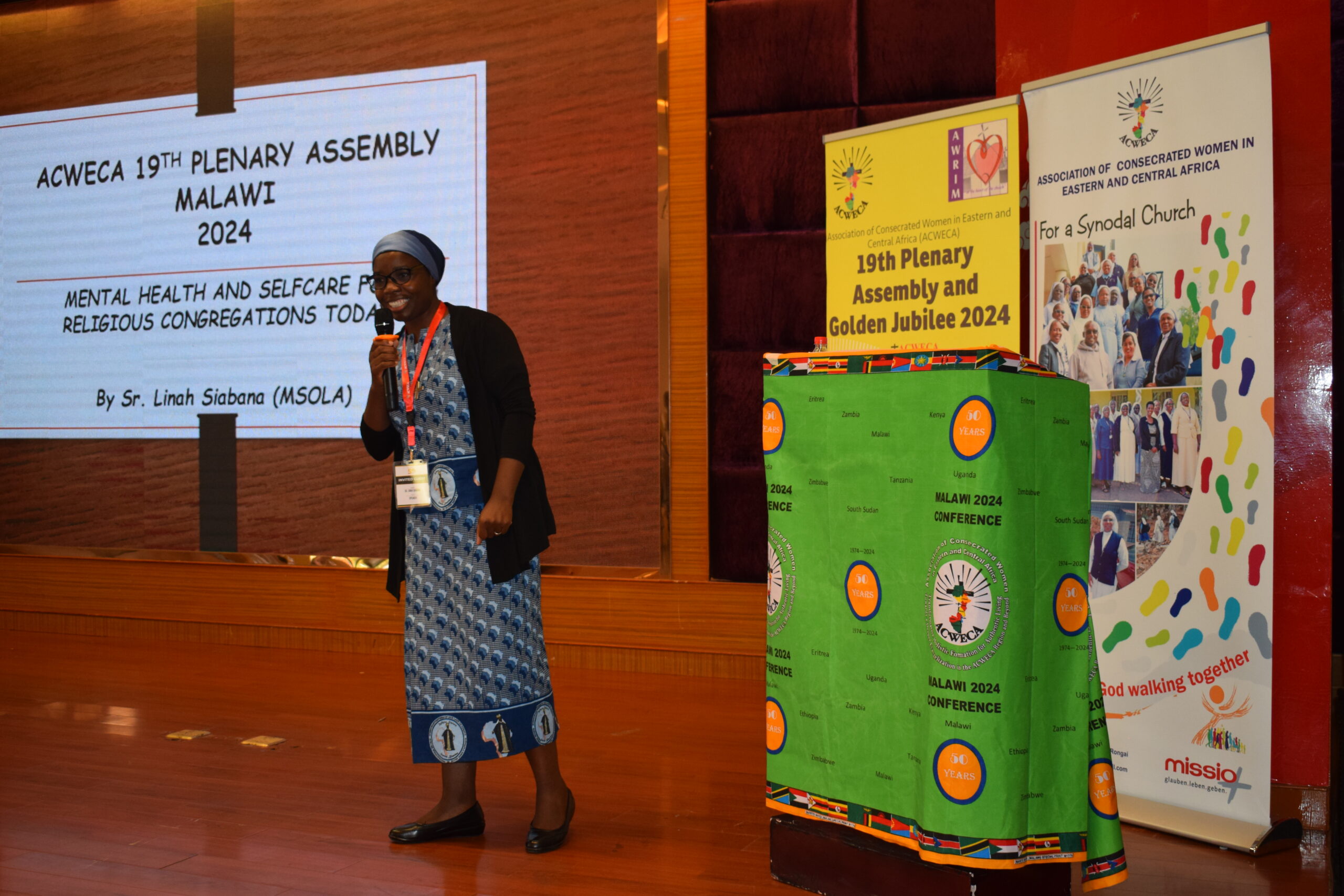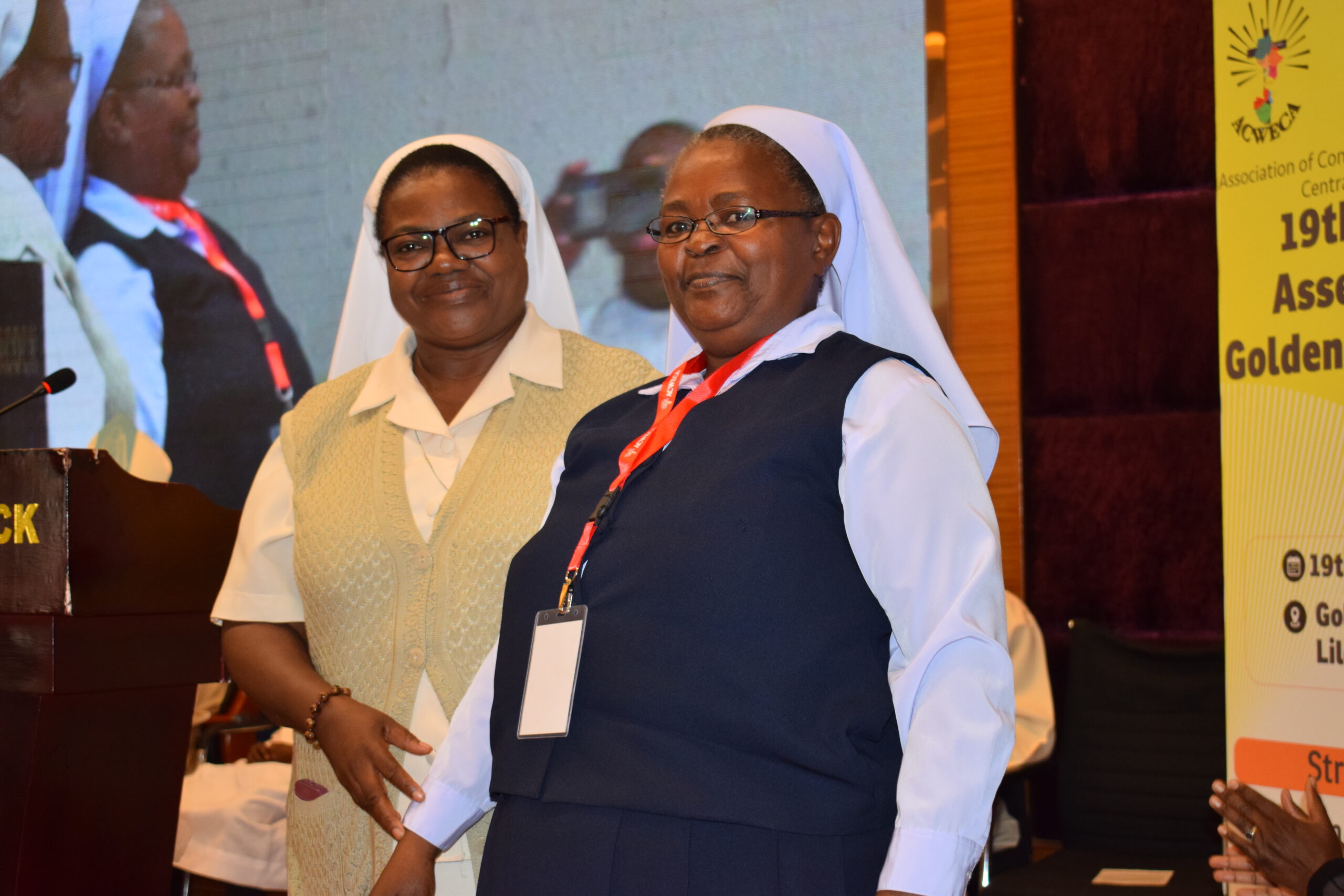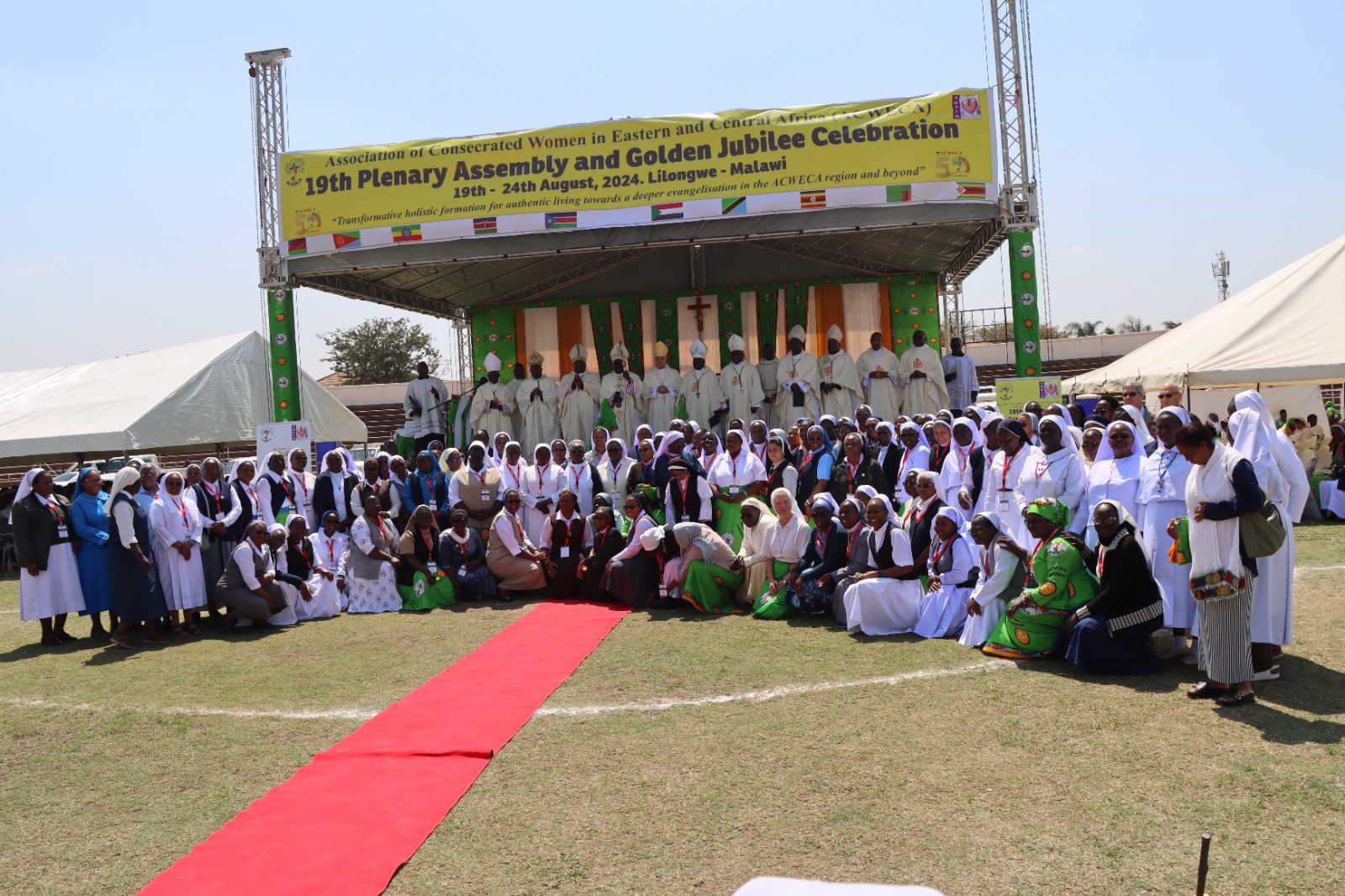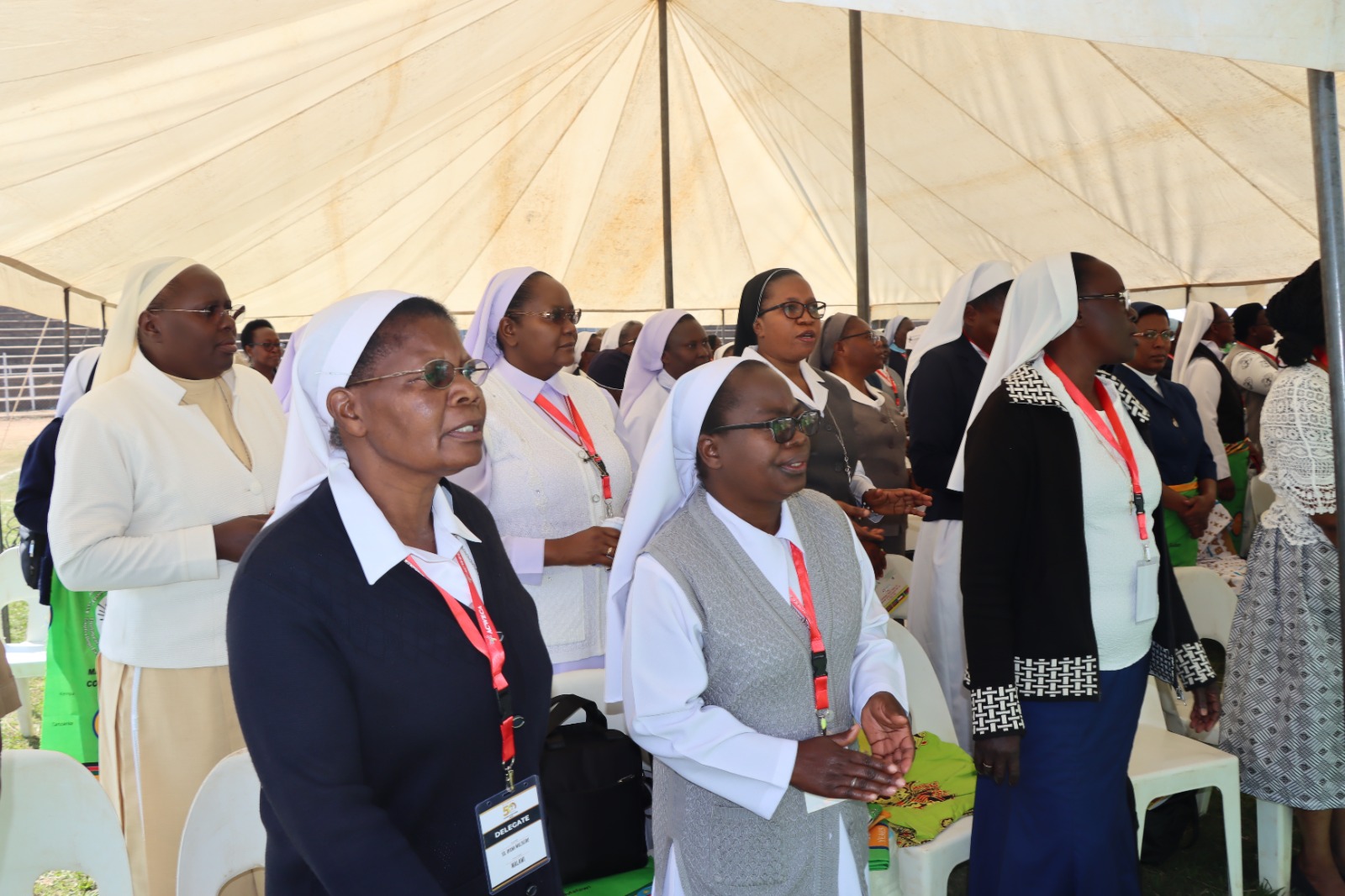Stella Zulu
Religious institutes under the Association of Consecrated Women in Eastern and Central Africa (ACWECA) have been called on to provide formation that changes a person’s behavior by discerning means and ways of making formation of members effective and fruitful in order to address the challenges experienced in religious life in the region.
This was said during the 18th ACWECA Plenary Assembly taking place in Nairobi Kenya under the theme “Re-awaken our prophetic Call: Call for Reformation towards Holistic Transformation in the region today”.
According to a presentation by Sr. Jacinta Auma Opondo, a member of the Franciscan Sisters of St. Anna (FSSA), there have been concerns about the formation of the Religious which made the Church to come up with the Magisterium on Formation that provides guidelines on formation through a number of documents like the Dogmatic Constitution of the Church Lumen gentium (LG) and the Decree on the Adaptation and Renewal of Religious Life Perfectae Caritatis (PC).
Sr Opondo underscored that various church leaders including Pope Paul VI have spoken about the need for all elements of a Religious life to be directed towards the building up of the inner person. Citing the Code of Canon Law, Sr. Opondo said formation is critical as it is supposed to lead to discernment of vocation to Religious life in a particular Religious institute and determining the suitability of an individual to Religious life in a given institute.
“Given the seriousness of the consequences of having unsuitable members, Canon 642 states categorically that “With vigilant care, Superiors are only to admit those who, besides the required age, have the health, suitable character and sufficient qualities of maturity to embrace the proper life of the institute. This health, character, and maturity are to be verified even by using experts, if necessary,” said Sr Jacinta.
She further underlined that suitability to Religious life according to canonical perspective implies four personal qualities namely necessary age, suitable character to live community life, health to live community life and sufficient qualities of Religious maturity to live the proper life of the Institute.
Sr Jacinta Opondo therefore said in order for the ACWECA region to achieve formation that is transformative, formation in Religious institutes must be attuned with the documents on Consecrated Life, the provisions of the 1983 Code of Canon Law on Consecrated Life and the discourses of Pope Francis.
“Formation should follow the guidelines of the Holy See found in a number of documents and never be compromised. Before the first profession, formation should consider self-awareness of a candidate as a human being; Christian formation as one has to be a Christian before being a religious; a better and deeper awareness of the divine vocation proper to a particular institute; to teach candidates to develop ministry skills and to apply their gifts and education to mission service; to have well designed plans and qualified personnel; and to have an effective governance system so as to avoid crisis of formation,” she added.
Considering the challenges facing the Religious, especially women Religious Institutes in the area of formation, it was recommended that conferences should consider coordinating programs that will support the institutes in preparing Spiritual Directors and that Religious associations could have retreat centres where the Sisters could have directed retreats among others.

